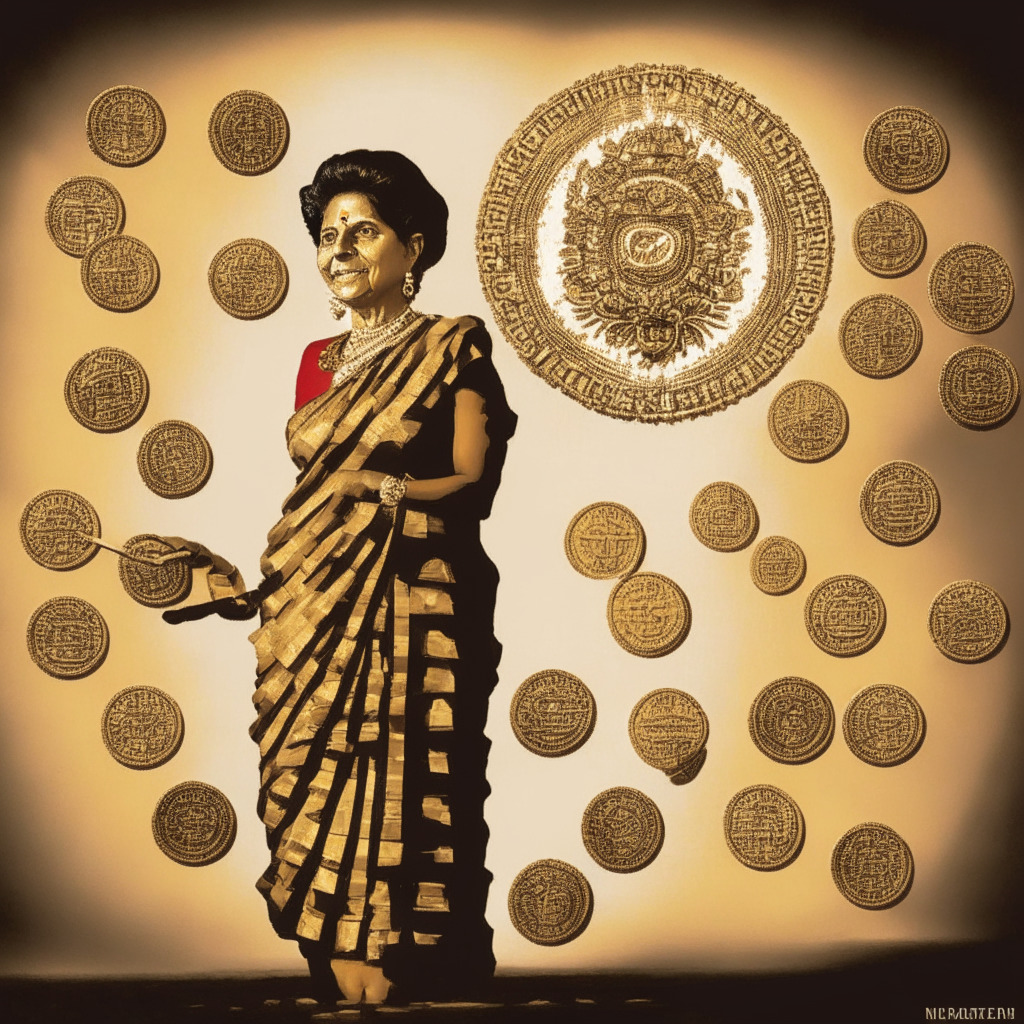In the sphere of global finance, there are seldom periods of unanimous agreement or uniform action. However, the world’s top economies are bustling with activity on the prospect of universal cryptocurrency regulations. Under India’s G20 presidency, efforts have been ramped up to develop a comprehensive framework for cryptocurrency regulation on a global scale.
A driving force behind this engagement is Nirmala Sitharaman, India’s Minister of Finance. Recently, she voiced a perspective reflecting the spirit of the times – framing cryptocurrency as both a “threat” and an “opportunity”. On one hand, the decentralized, transnational nature of cryptocurrencies poses a challenge to established ordinances and might lead to unpredictable ramifications for global financial stability. The flip side of the coin presents an invaluable opportunity to embrace these cutting-edge technologies, fostering innovation and offering alternative solutions for financial transactions.
While the topic of cryptocurrency regulation constitutes uncharted terrain in the global policy landscape, the G20 members are taking a unified front towards this undertaking. Having assumed the G20 presidency in late 2022, India has since been an advocate for international collaboration in the realm of financial security. Limiting the potential adverse impacts of a globally influential technology such as cryptocurrency demands a consolidated effort, transcending national frontiers.
Indeed, the dialogue surrounding the development of a global crypto framework has witnessed meaningful contributions from institutions like the IMF (International Monetary Fund), FSB (Financial Stability Board), and OECD (Organisation for Economic Co-operation and Development). Comprehensive discussions are currently taking place, bolstered by the contributions of these esteemed entities.
Simultaneously, India has demonstrated an increased interest in the blockchain arena. The National Payments Corporation Of India’s NPCI, an initiative led by the Reserve Bank of India (RBI) and an array of Indian banking entities, recently posted a job seeking a head of blockchain.
As the world watches closely, navigating the murky waters of global crypto regulation will indeed be a daunting task. Yet, it offers a tantalizing chance to reshape the financial landscape. At the end of the day, investing in global cooperation could well ensure an effective implementation of regulatory measures, harnessing the potential of cryptocurrencies while mitigating their inherent risks. In an increasingly interconnected world, collaborative action is arguably the only way forward.
Source: Cointelegraph




